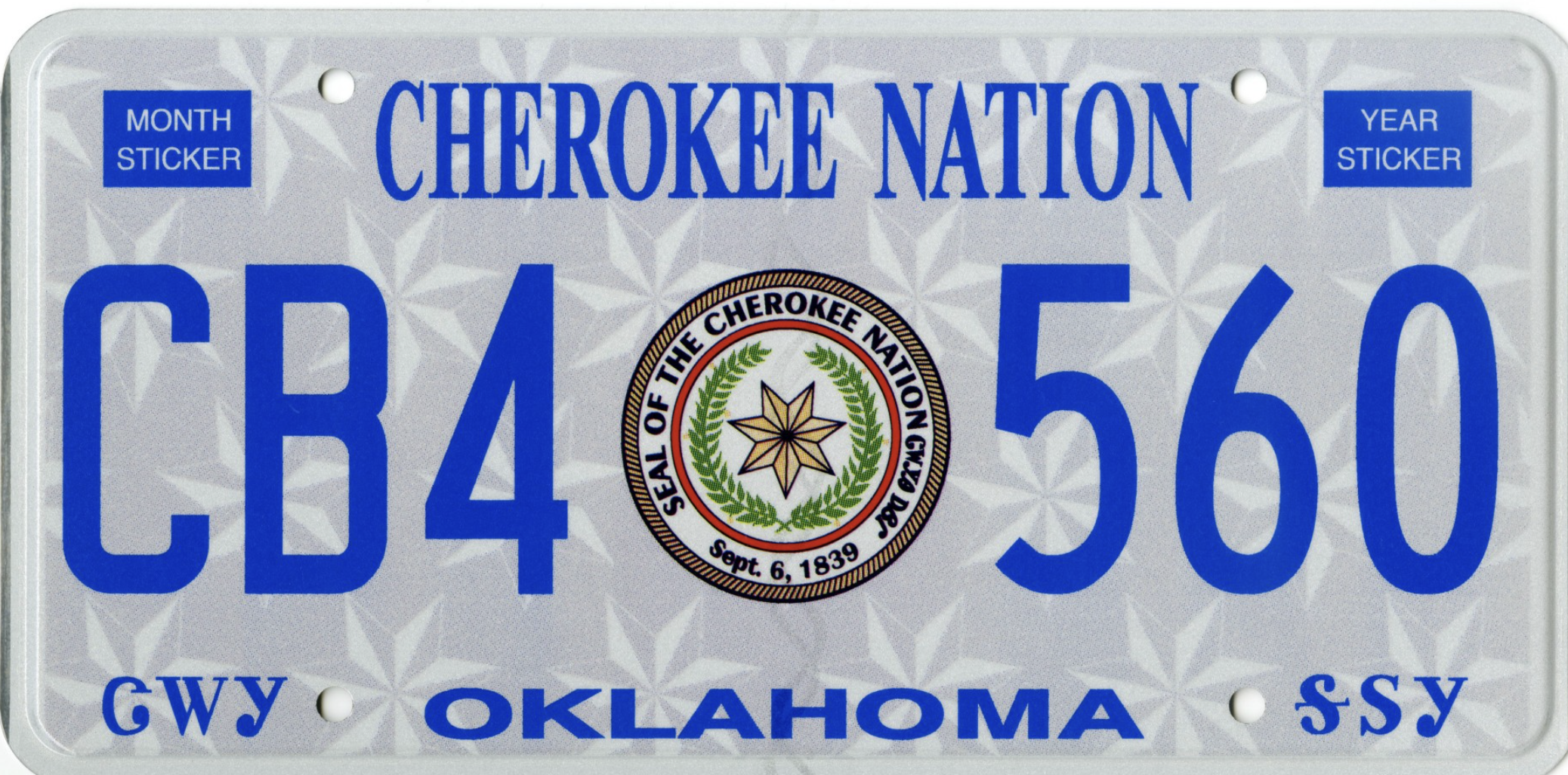
- Details
- By Chuck Hoskin Jr
Guest Opinion.Cherokee Nation’s car tag compact with the state of Oklahoma has been by all reasonable accounts a huge success. The agreement has enabled the Cherokee Nation to issue vehicle tags to our citizens across the state, collect the revenue, and share it with local governments and schools. Since 2002, this compact has generated $258 million in funding for vital services like public schools, roads and law enforcement for all Oklahomans — Cherokee and non-Cherokee alike.
However, Governor Kevin Stitt is threatening this longstanding agreement. He is demanding that the Cherokee Nation turn control of its tag process over to the state, like agreements in place with the Chickasaw and Choctaw Nations.
While we respect our friends from those tribal nations and understand those agreements work for them, this arrangement is not what our citizens want. Cherokee Nation’s tag service employs over 80 tribal citizens at seven tag offices across our reservation. Turning that over to the state would undermine Cherokee sovereignty and harm our ability to serve our people.
Cherokee Nation has a sovereign right to issue tags on our reservation, and the state has no authority to interfere with that. Issuing tags outside the reservation requires a compact with the state, which we negotiated in 2013 with then Governor Mary Fallin.

Under this compact, we can provide tags and titles to Cherokees living in the parts of Oklahoma outside Cherokee Nation. We also negotiated a special provision for adjacent areas like Tulsa and Muskogee counties, so that the tag and tax rate in those areas are the exact same as in the Cherokee Nation Reservation. Through the compact, we share a large portion of our tag revenues with local schools, county commissioners, and police, sheriff and fire departments, and we use the rest for our own education and public safety needs.
Sadly, Governor Stitt is attempting to pit Cherokees on the reservation against those living at large. If the compact is not renewed, Cherokees living just outside our borders will lose access to tribal tags. This inequitable treatment splits families and communities, as Cherokees living only a few miles apart will face vastly different systems for obtaining vehicle tags.
Governor Stitt’s additional demands, including a baseless $8 million payment for supposed unpaid turnpike tolls, continues his pattern of scapegoating tribal nations for problems of the state’s own making. His PlatePay system, which led to a chaotic rollout of toll collection, is being blamed on the Cherokee Nation, even though most of us use PikePasses and pay our tolls like every other Oklahoma driver.
He also falsely claims that we do not share tag information with law enforcement. He has repeated this lie so often that some people believe it. In fact, we have always shared real-time data with law enforcement through the nationally recognized OLETS system, and law enforcement have confirmed they have no problems.
If the compact expires, the potential fallout goes beyond the Cherokee people. Millions in funding depended on by schools, county and municipal governments, and law enforcement will go away. While we will continue to issue tags and titles to Cherokees living within the reservation, our at-large citizens with Cherokee tags could be subject to prosecution by the state after Dec. 31, 2024, or when their tag expires.
This situation is avoidable. The Cherokee people deserve leaders who will keep negotiating in good faith, and we will keep doing so. At the same time, we all need to prepare for Jan. 1, 2025.
The reality is that without this compact, Oklahoma’s schools, roads and law enforcement will lose millions of dollars in funding. The governor appears willing to sacrifice this critical funding because of hostility to our Nation. His actions are unfair to Cherokee citizens and harmful to all Oklahomans. It’s time to stop this needless fight and instead prioritize what is best for the state.
Chuck Hoskin, Jr. is the principal chief of the Cherokee Nation.
More Stories Like This
The SAVE America Act Threatens Native Voting Rights — We Must Fight BackThe Presidential Election of 1789
Cherokee Nation: Telling the Full Story During Black History Month
Jesse Jackson Changed Politics for the Better
Native News Online at 15: Humble Beginnings, Unwavering Mission
Help us defend tribal sovereignty.
At Native News Online, our mission is rooted in telling the stories that strengthen sovereignty and uplift Indigenous voices — not just at year’s end, but every single day.
Because of your generosity last year, we were able to keep our reporters on the ground in tribal communities, at national gatherings and in the halls of Congress — covering the issues that matter most to Indian Country: sovereignty, culture, education, health and economic opportunity.
That support sustained us through a tough year in 2025. Now, as we look to the year ahead, we need your help right now to ensure warrior journalism remains strong — reporting that defends tribal sovereignty, amplifies Native truth, and holds power accountable.
 The stakes couldn't be higher. Your support keeps Native voices heard, Native stories told and Native sovereignty defended.
The stakes couldn't be higher. Your support keeps Native voices heard, Native stories told and Native sovereignty defended.
Stand with Warrior Journalism today.
Levi Rickert (Potawatomi), Editor & Publisher

